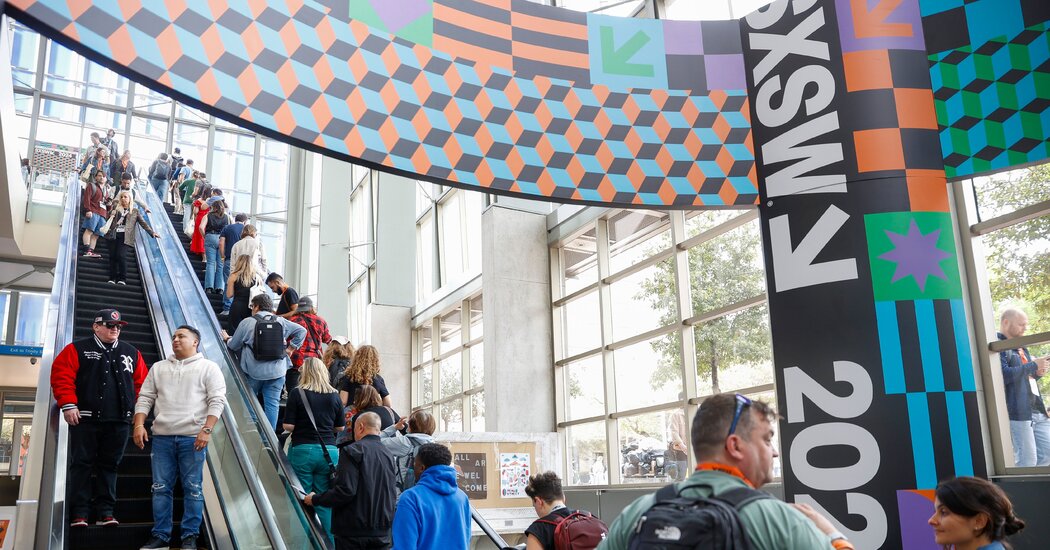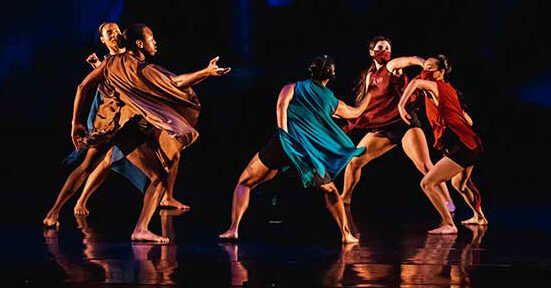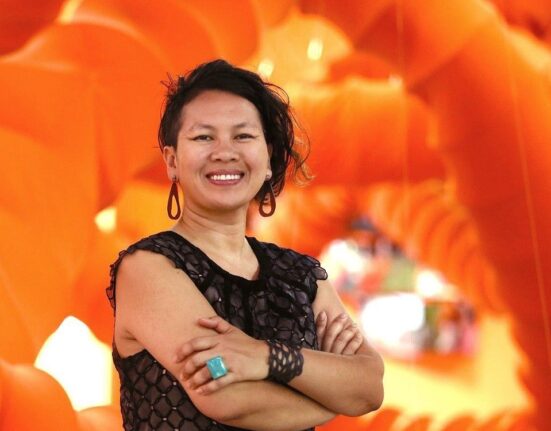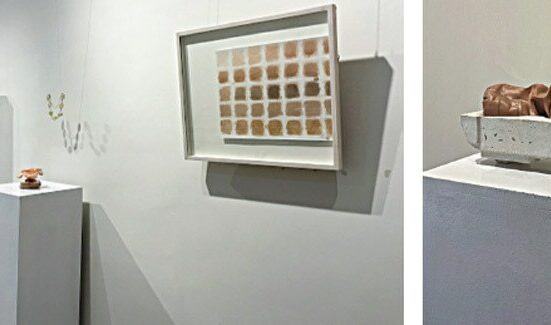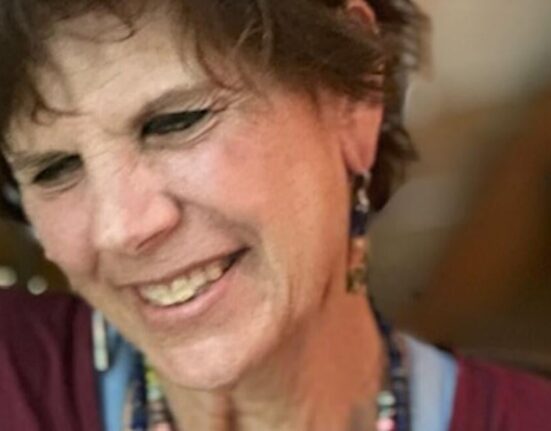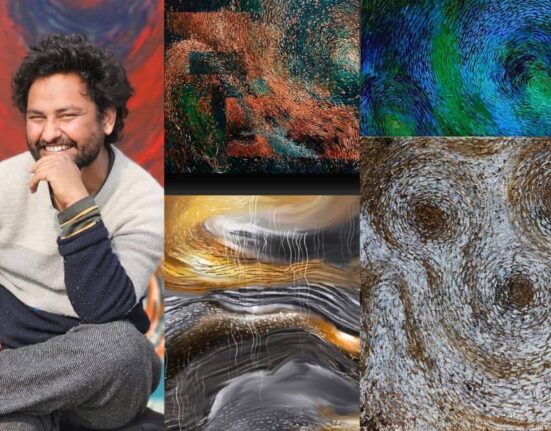Dozens of musicians and panelists have withdrawn from the South by Southwest Conference and Festivals in Austin, Texas, to protest sponsorship by the U.S. Army and defense companies as pressure grows against the U.S. military’s support of Israel’s war against Hamas in Gaza.
More than 80 artists and panelists at SXSW had joined the boycott by Wednesday, according to one of the organizers, the Austin for Palestine Coalition.
Ibrahim Batshon, a Palestinian American and the chief executive of BeatStars, a digital music-licensing platform and longtime sponsor of the music and technology festival, withdrew from SXSW after learning of the increased involvement this year of the U.S. Defense Department. The United States is the largest supplier of military equipment to Israel.
Mr. Batshon, who is Palestinian American and is known as Abe, said that six of his family members were killed in a bombing in November while taking refuge at a church in Gaza City.
“When I found out they were going to have a massive presence at a music festival where creatives and young people get together to collaborate and connect, I couldn’t get behind that,” he said.
Lambrini Girls, a queer indie rock duo from Brighton in Britain, was among many of the performers who have made statements on social media citing sponsorship by military defense contractors like Collins Aerospace, RTX and BAE Systems as the reason they withdrew from the festival.
“It is done in solidarity with the people of Palestine and to highlight the unacceptable deep links the festival has to weapons companies and the U.S. military who at this very moment are enabling a genocide and famine against a trapped population,” the Irish rap group Kneecap said in a statement.
Gov. Greg Abbott, Republican of Texas, took a defiant tone in response to the boycott.
“Bye. Don’t come back,” he wrote on social media, pointing out that Austin was the headquarters of Army Futures Command, the Army branch founded in 2018 to focus on technological innovation.
“We are proud of the U.S. military in Texas,” he said. “If you don’t like it, don’t come here.”
The Army Futures Command has been involved with the festival since 2018, but this year is acting as a “super sponsor,” a top marketing tier. A festival spokesperson did not immediately respond to a request for information on Wednesday, and it was not clear how much the Army paid to participate as a super sponsor.
“We’re proud to be a sponsor of SXSW, and to have the opportunity to showcase America’s Army,” said Lt. Col. Lindsey Elder, an Army spokesperson. “SXSW presents a unique opportunity for the Army to meet technology innovators and leaders, explore new ideas and insights, and create dynamic industry partnerships as we modernize for the future.”
Within hours of Mr. Abbott’s comments, the SXSW organizers issued their own statement, saying that they disagreed with the governor, but that inviting defense companies to the conference helped fulfill their mission.
“We are an organization that welcomes diverse viewpoints,” they wrote, adding that “the defense industry has historically been a proving ground for many of the systems we rely on today. These institutions are often leaders in emerging technologies, and we believe it’s better to understand how their approach will impact our lives.”
Some of the bands that pulled out of festival performances agreed to play a nightclub in Austin on Wednesday at an event advocating fair pay for musicians, according to the United Musicians & Allied Workers labor union.
The SXSW boycott is the latest show of protest by artists of the U.S. involvement in the Israel-Gaza conflict.
Israeli Defense Forces began a military campaign in Gaza after an attack by Hamas militants on Oct. 7 resulted in the deaths of 1,200 people in Israel, with more than 250 people taken hostage.
Since then, more than 30,000 people have been killed in Gaza, according to Gaza’s health ministry.
The SXSW festival, which was first held in 1987 and began this year on March 8, running through March 16, typically draws more than 300,000 attendees, according to Visit Austin. Last year, the festival featured more than 1,000 speakers, more than 300 panels and dozens of exhibitions. The event, whose broad remit includes exploring the intersection of art and technology and its convergence with culture, features an array of panels, shows, film screenings and exhibitions.
For decades, SXSW has been an important launching ground for fledgling musicians and filmmakers, whose cool factor has helped draw the biggest names in technology (Michael Dell in 2022), politics (Barack Obama in 2016) and performing arts (Bruce Springsteen in 2012).
The festival’s featured speakers this year include the Oscar nominee Colman Domingo, the singer and actress Selena Gomez and Meghan, the Duchess of Sussex.
Last Sunday at the Oscars ceremony in Los Angeles, the actor Mark Ruffalo and the pop star Billie Eilish were among attendees wearing red pins to call for a cease-fire in Gaza.
In November, the artists Nicholas Galanin and Merritt Johnson asked the federally-funded National Gallery of Art in Washington to withdraw their joint sculpture from an exhibition to protest the United States’ support of Israel’s bombardment of Gaza.

